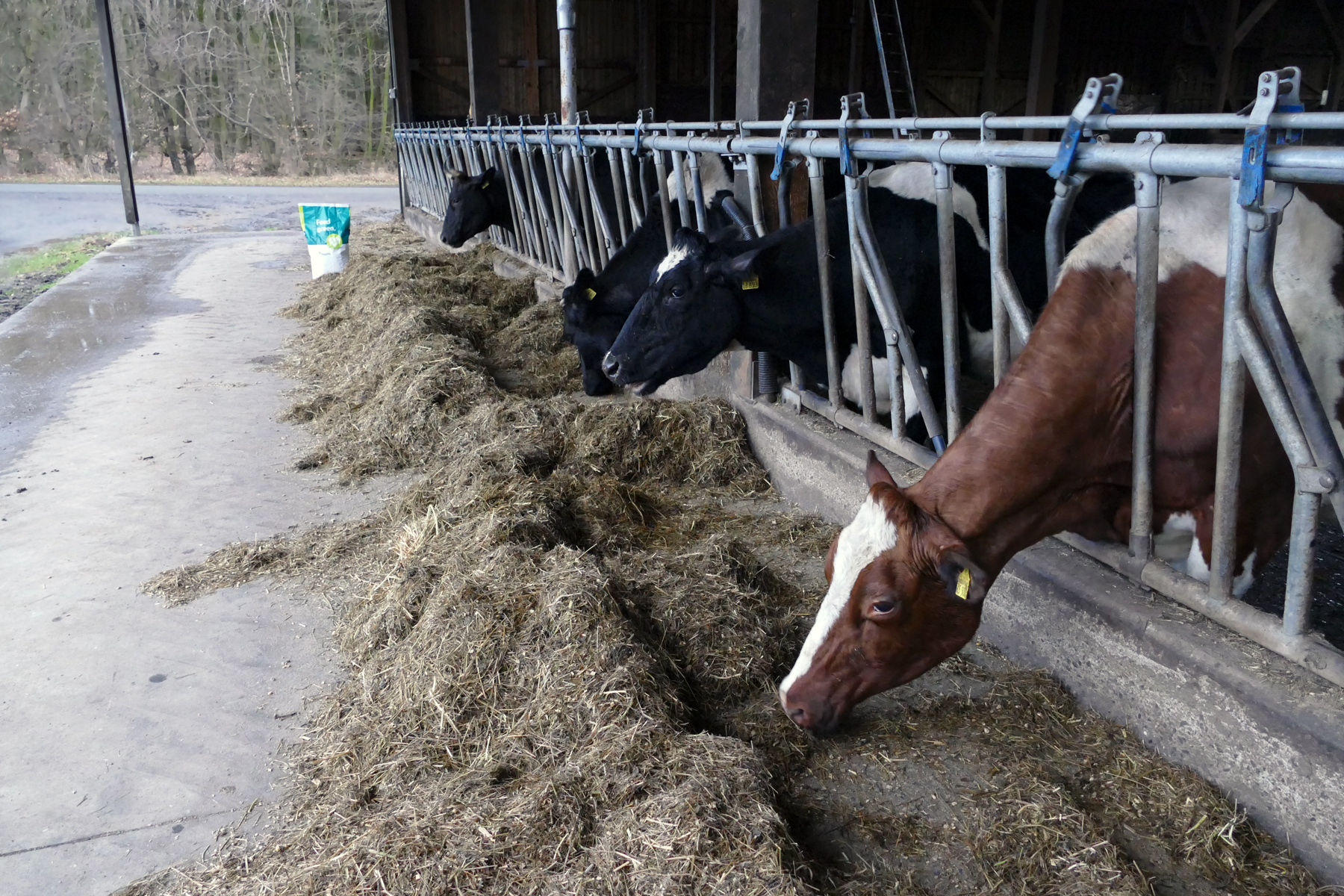

Healthy calves are the basis for the best possible milk yield: they secure the livestock’s future and consequently that of the farm. Good management and animal-friendly farming practices ensure that these calves grow into dairy cows that perform well and have a long lifespan. Protecting calves as much as possible against avoidable diseases and inflammations is particularly important. Inappropriate feeding and farming practices may reduce their resistance and increase the risk of disease. Their first few hours of life are decisive: since calves are born with an underdeveloped immune system, they need a sufficient quantity of valuable colostrum, which boosts their immune system, providing them with the antibodies they need to survive in their specific barn environment.
Calves are also exposed to numerous external factors, including stressors such as poor farming conditions, environmental influences and high microbial load. These could produce symptoms such as diarrhoea, infections and respiratory diseases, which often occur together and are due to the weak immune system of the young calf. All these factors stress the calf immensely and permanently hinder both its well-being and performance. Disease often results in developmental disorders and impairments, and requires extra work and additional costs. Therefore, prevention is better than cure: this involves providing calves with the best possible care and containing possible stressors so that the future dairy cows can reach their full genetic potential.
Feeding can also actively contribute to this, effectively improving animal welfare from the inside out. Plant feed additives can reduce inflammatory reactions in calves, meaning that the energy acquired from the feed is not wasted on inflammatory reactions but made completely available for growth. This simultaneously increases the calves’ resistance and well-being. A recent feeding test showed how a Dr. Eckel feed additive containing flavonoids demonstrably promotes calves’ well-being. You can learn more about this test here.